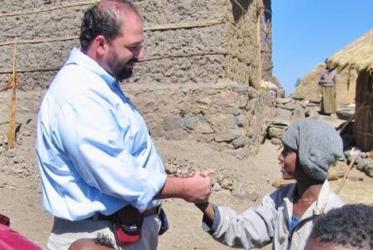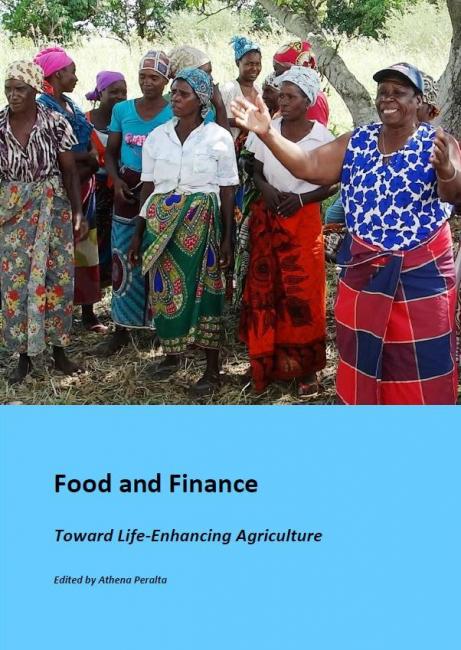Displaying 101 - 120 of 122
EWN members stand in solidarity with water and land defenders
21 September 2021
Churches offer some relief in Kenya’s drought disaster
16 September 2021
Walk the Talk
A Toolkit to Accompany the "Roadmap for Congregations, Communities and Churches for an Economy of Life and Ecological Justice"
31 August 2021
Defending the ‘blue soul of life’
08 April 2021















